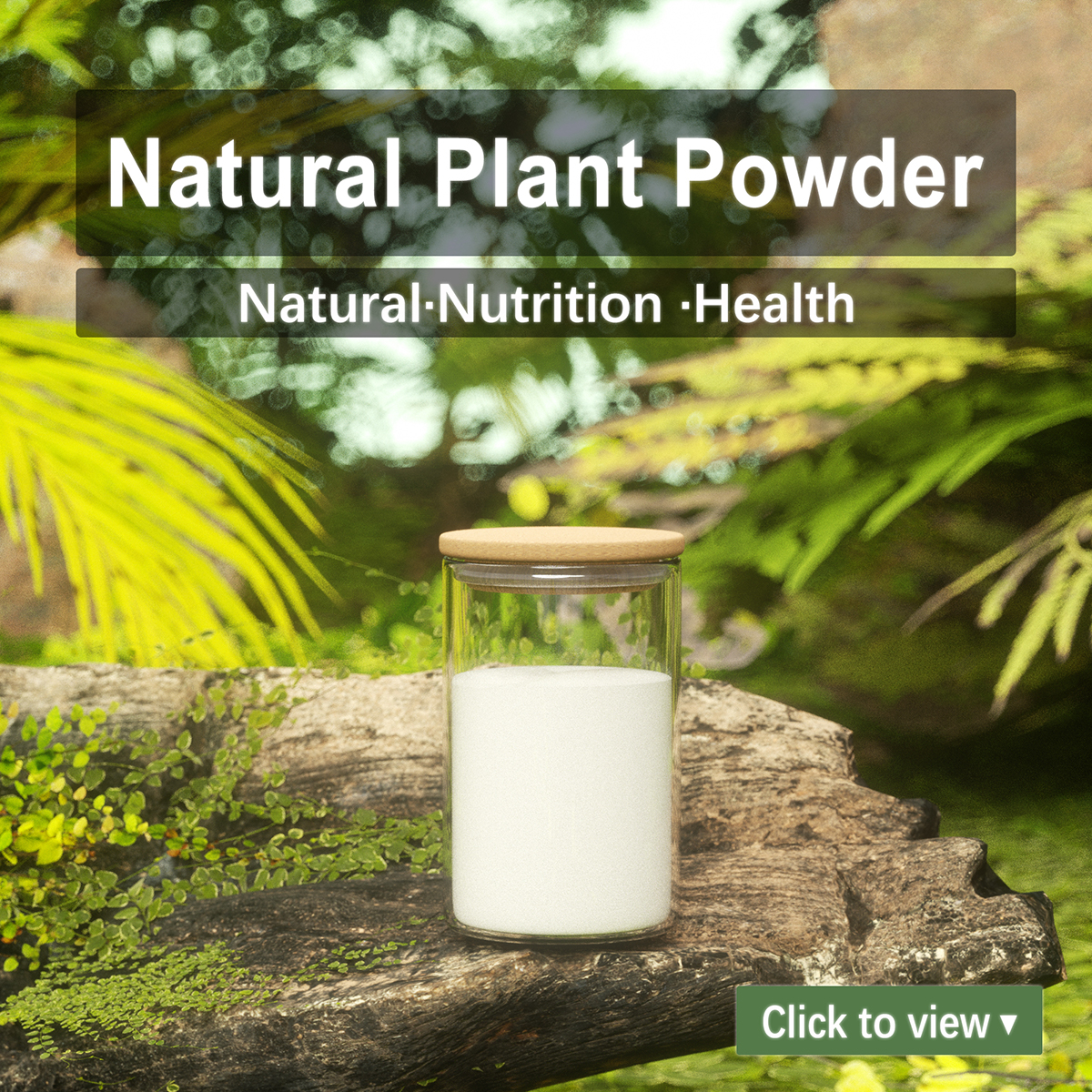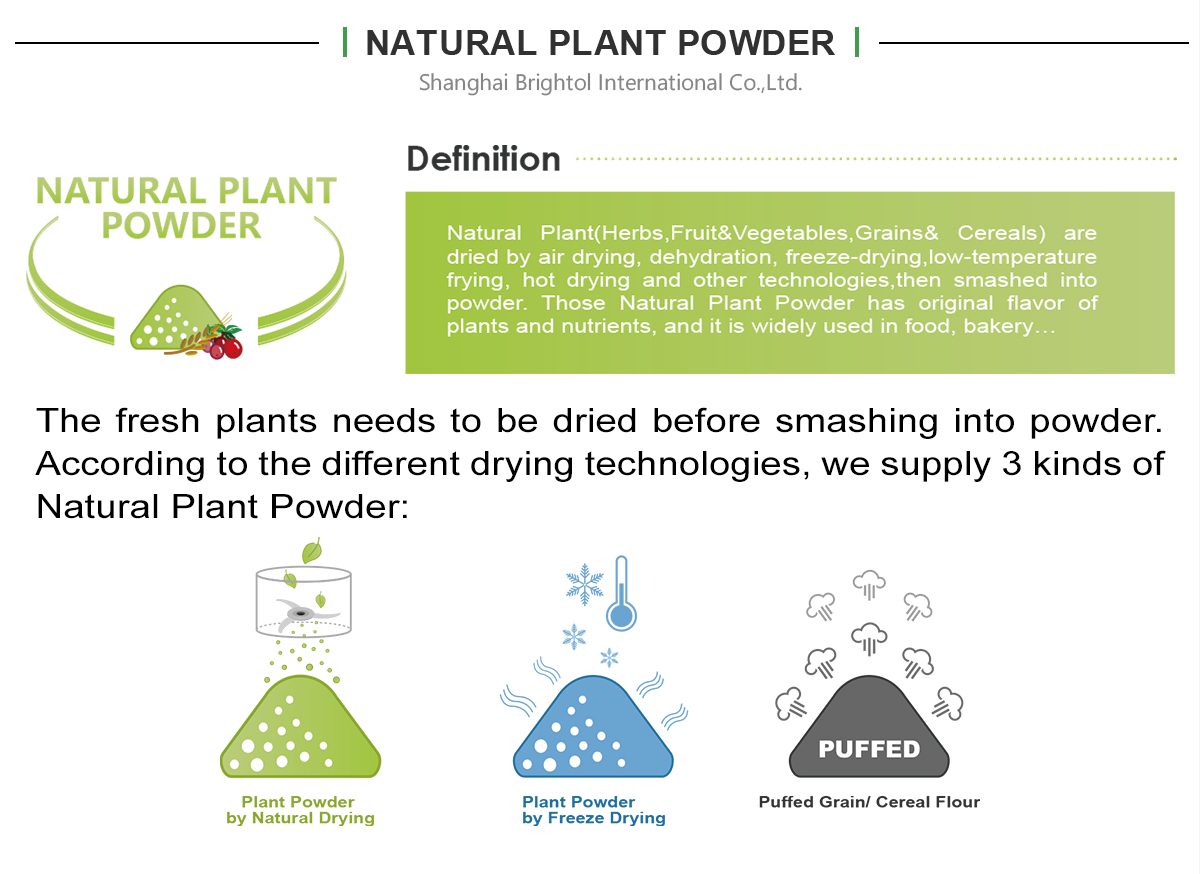

Description
Ginger is a spice that has traditionally been treated as medicine in both Traditional Chinese Medicine and Ayurveda, doses of 1-3g can reduce nausea and ease digestion quite effectively; superloading the powdered rhizome (vertical root) at 10-15g daily might increase testosterone.
Ginger (Zingiber officinale) is surprisingly the most widely used dietary condiment in the world today. It’s actually part of the plant family that includes turmeric and cardamom, which may explain why the health benefits of ginger are so extraordinary. Ginger comes from rhizomes; a rhizome is an underground stem that grows horizontally and forms roots downwards while leaves and new stems sprout on top. Buds then form at intervals along each stem.

 Description
Description
Ginger is a spice that has traditionally been treated as medicine in both Traditional Chinese Medicine and Ayurveda, doses of 1-3g can reduce nausea and ease digestion quite effectively; superloading the powdered rhizome (vertical root) at 10-15g daily might increase testosterone.
Ginger (Zingiber officinale) is surprisingly the most widely used dietary condiment in the world today. It’s actually part of the plant family that includes turmeric and cardamom, which may explain why the health benefits of ginger are so extraordinary. Ginger comes from rhizomes; a rhizome is an underground stem that grows horizontally and forms roots downwards while leaves and new stems sprout on top. Buds then form at intervals along each stem.
Ginger Health Benefits
1.Stroke and Heart Disease
2. Indigestion and Nausea
3. Malabsorption
4. Compromised Immunity and Respiratory Function
5. Bacterial Infections
6. Fungal Infections
7. Ulcers and GERD
8. Pain
9. Cancer
10. Diabetes
11. Cholesterol
12. Arthritis










